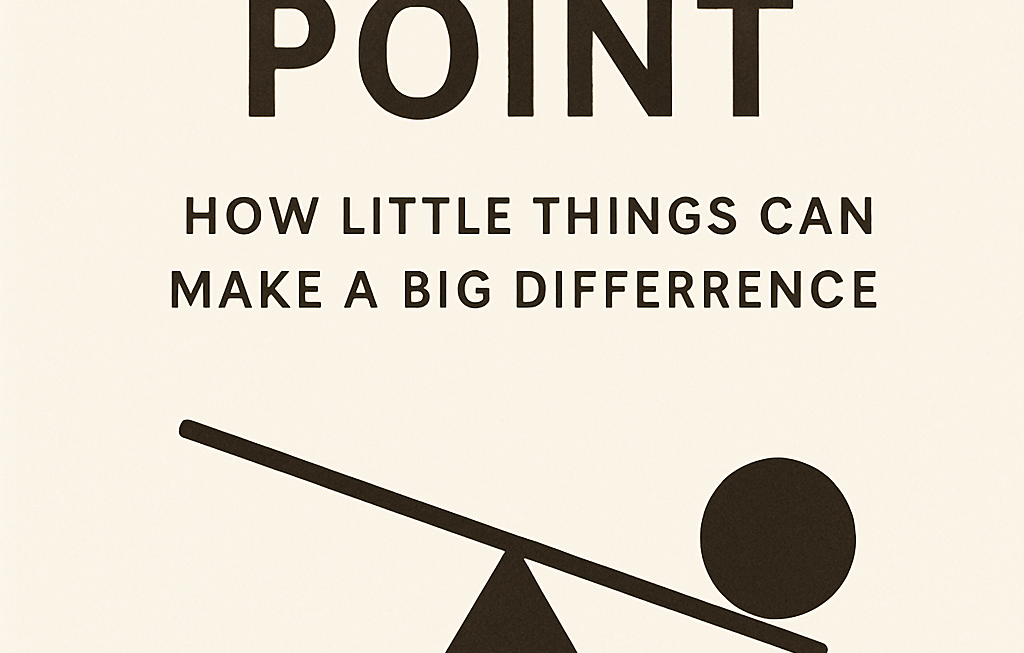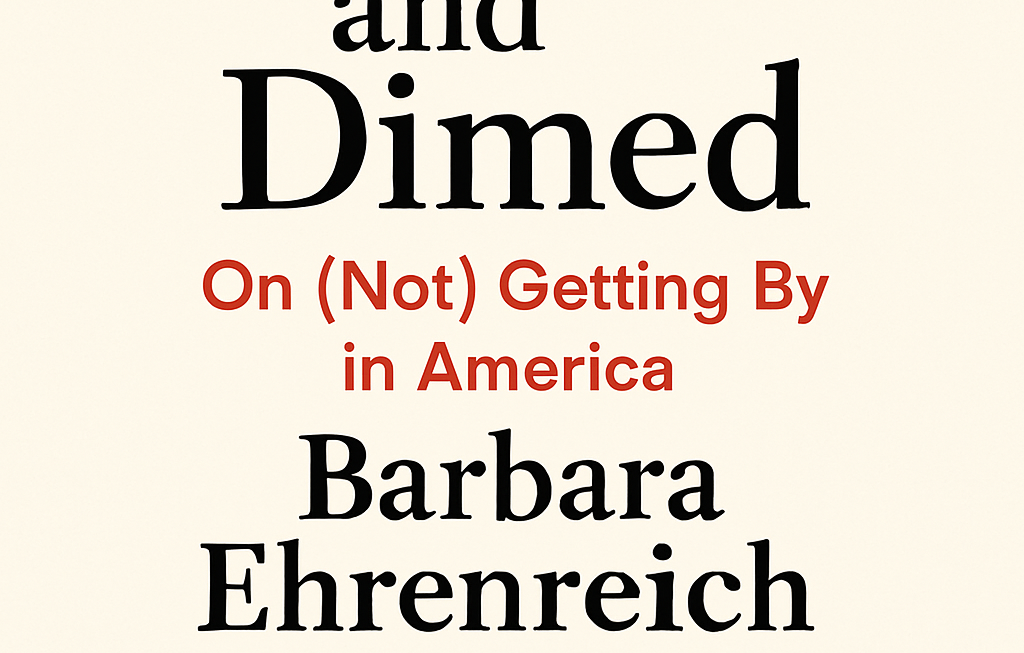The Tipping Point: Two Decades of Influence and Controversy
In the year 2000, a seemingly unassuming book landed on shelves, quietly igniting a cultural wildfire. Malcolm Gladwell’s The Tipping Point: How Little Things Can Make a Big Difference wasn’t just another self-help guide; it was a meticulously crafted exploration of social epidemics, a compelling narrative that demystified how seemingly minor events could trigger monumental societal shifts. Gladwell, already a rising star at The New Yorker, masterfully synthesized complex sociological theories into digestible, captivating case studies. He introduced the world to the “Law of the Few,” highlighting the disproportionate influence of connectors, mavens, and salesmen; the “Stickiness Factor,” emphasizing the importance of memorable messaging; and the “Power of Context,” underscoring the role of environment in shaping behavior. From the resurgence of Hush Puppies to the dramatic drop in New York City’s crime rate, Gladwell illustrated how these three elements intertwined to create societal tipping points. The book’s success wasn’t just a matter of timing; it was a testament to Gladwell’s unique ability to weave together rigorous research with an engaging narrative voice, a talent that would define his subsequent work and cement his status as a leading public intellectual. But the acclaim wasn’t without its detractors. Critics questioned the scientific robustness of his assertions, arguing that he sometimes oversimplified complex phenomena for the sake of a good story. Yet, the book’s enduring influence is undeniable, sparking countless conversations across disciplines and impacting fields from marketing and public health to urban planning and education. The Tipping Point remains a compelling testament to the power of narrative, a book that continues to challenge and provoke, even two decades later, prompting us to reconsider the seemingly insignificant factors that shape our world.
An Interview with Malcolm Gladwell
- Question: Your work is often criticized for oversimplification. Do you feel a responsibility to sacrifice nuance for the sake of accessibility, or is that a false dichotomy?
Answer: The criticism about oversimplification is fair, but it misses a crucial point. My goal isn’t to provide exhaustive academic treatises, but rather to offer accessible entry points into complex social dynamics. I strive for clarity, not necessarily completeness. Sometimes, a simplified model can be more illuminating than a deeply nuanced one, if it highlights the critical levers of change. The challenge is to find that balance—to simplify without distorting the essential truths.
- Question: The Tipping Point popularized the concept of “influencers.” How has your understanding of influence evolved since the book’s publication, considering the rise of social media and algorithmic amplification?
Answer: Social media has undeniably changed the landscape of influence. The algorithms amplify certain voices disproportionately, creating echo chambers and potentially skewing our understanding of true social influence. The power dynamics are far more opaque now, and the concept of the “maven” or “connector” has morphed into something potentially less organic and more manufactured. We need to rethink how we measure and understand influence in this new environment.
- Question: Your books often feature compelling anecdotes. How do you choose your case studies, and what criteria do you employ to ensure they’re representative and avoid confirmation bias?
Answer: The case studies are selected not for their typicality, but for their illuminating power. I look for instances where the underlying mechanisms of social change are clearly visible, even if they are unusual. Rigorous research is crucial, and I spend considerable time verifying facts and contextualizing the narrative within a broader theoretical framework. Avoiding confirmation bias is a constant struggle, requiring open-mindedness and a willingness to challenge one’s own assumptions.
- Question: Critics have questioned the scientific rigor of your work. How do you respond to those who argue your conclusions are not always supported by robust empirical evidence?
Answer: My approach is different from traditional academic research. My work is less about establishing definitive causality and more about exploring plausible explanations and generating insights. While I strive for accuracy, my primary objective is to engage readers and stimulate discussion. This approach, though less rigorous in a purely scientific sense, can contribute to understanding in different, valuable ways.
- Question: Your success has been immense. To what extent do you attribute your appeal to the storytelling element versus the intellectual substance of your work?
Answer: I believe the success stems from a synergy between storytelling and intellectual substance. The narrative approach makes complex ideas accessible, but the ideas themselves must be intriguing and relevant. The stories are the vehicles, but the ideas are the destination. Ultimately, it’s about presenting compelling arguments, not just captivating stories.
- Question: Looking back, what aspects of The Tipping Point would you change, knowing what you know now?
Answer: With hindsight, I might have placed greater emphasis on the role of technology in shaping social epidemics, a factor which was nascent in 2000. And the limitations of applying the “three rules” universally across different contexts could have been more explicitly acknowledged. It’s a dynamic process—our understanding of social change is constantly evolving.
- Question: Your work transcends disciplinary boundaries. How do you navigate the complexities of integrating insights from different fields of social science?
Answer: It’s a continuous process of learning and synthesis. I immerse myself in various fields—sociology, psychology, economics—drawing on their respective frameworks while remaining mindful of their limitations. The cross-pollination of ideas is often where the most valuable insights emerge, although the integration requires careful consideration and rigorous verification.
- Question: The concept of the “tipping point” is often invoked in various contexts, sometimes inappropriately. What are the potential pitfalls of applying this concept indiscriminately?
Answer: The metaphor of the tipping point is powerful, but like any potent metaphor, it risks being overused and misused. The tendency to search for simplistic explanations for complex phenomena can lead to erroneous conclusions. It’s essential to rigorously examine the underlying dynamics before declaring a “tipping point” has been reached.
- Question: How has the critical reception to your work shaped your writing process and your approach to research?
Answer: Criticism, both positive and negative, is crucial to growth. I’ve learned to appreciate the value of diverse perspectives and to be more attentive to the potential limitations of my own arguments. Constructive feedback has sharpened my critical thinking and encouraged me to engage more deeply with counterarguments.
- Question: What’s next for you? What undiscovered “tipping points” are you currently exploring?
Answer: I’m always exploring new avenues, investigating social phenomena that intrigue me. The current focus is less on a singular “tipping point” and more on the broader systemic factors that shape human behavior. It’s about understanding the patterns, the networks, and the contextual factors that drive large-scale social change. The work is ongoing.



